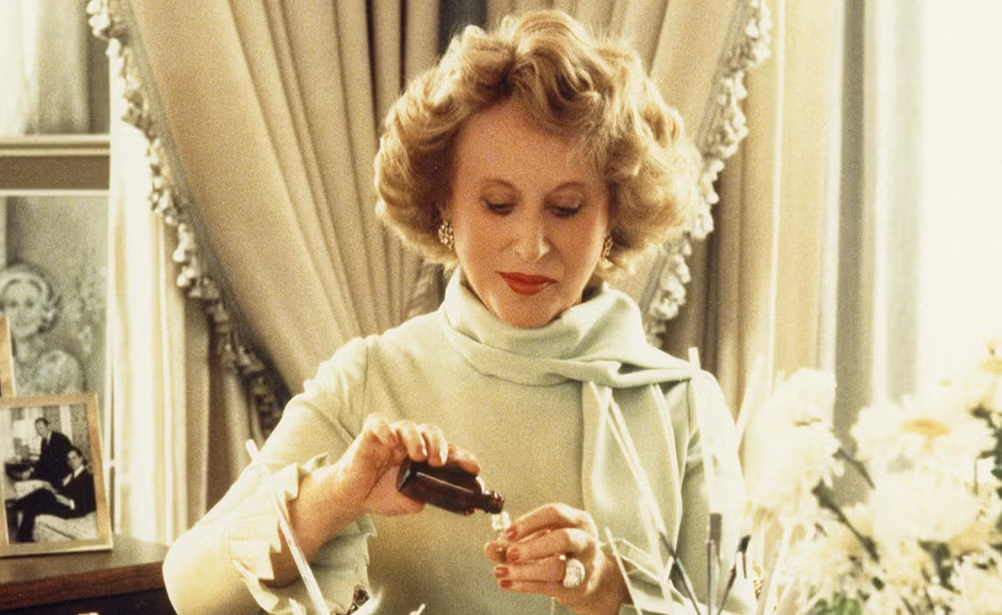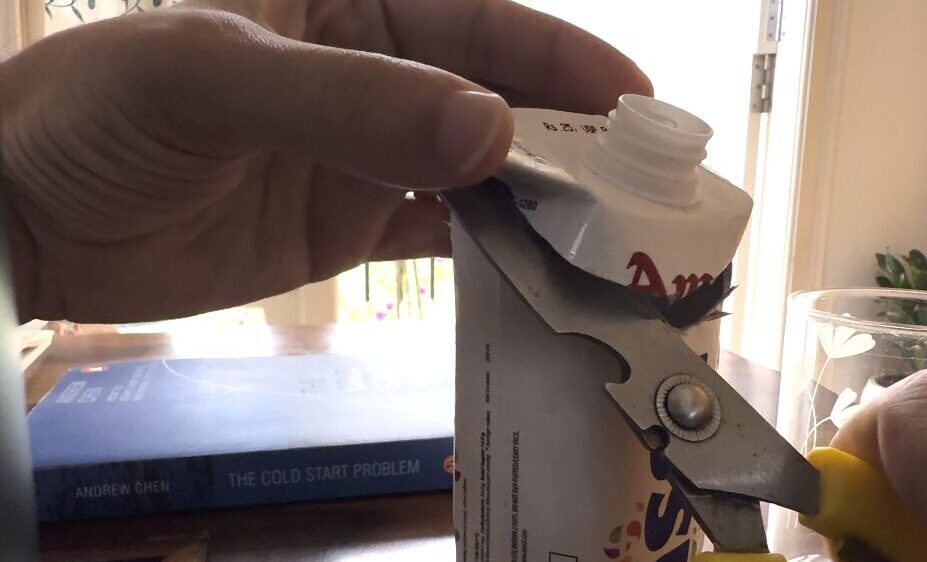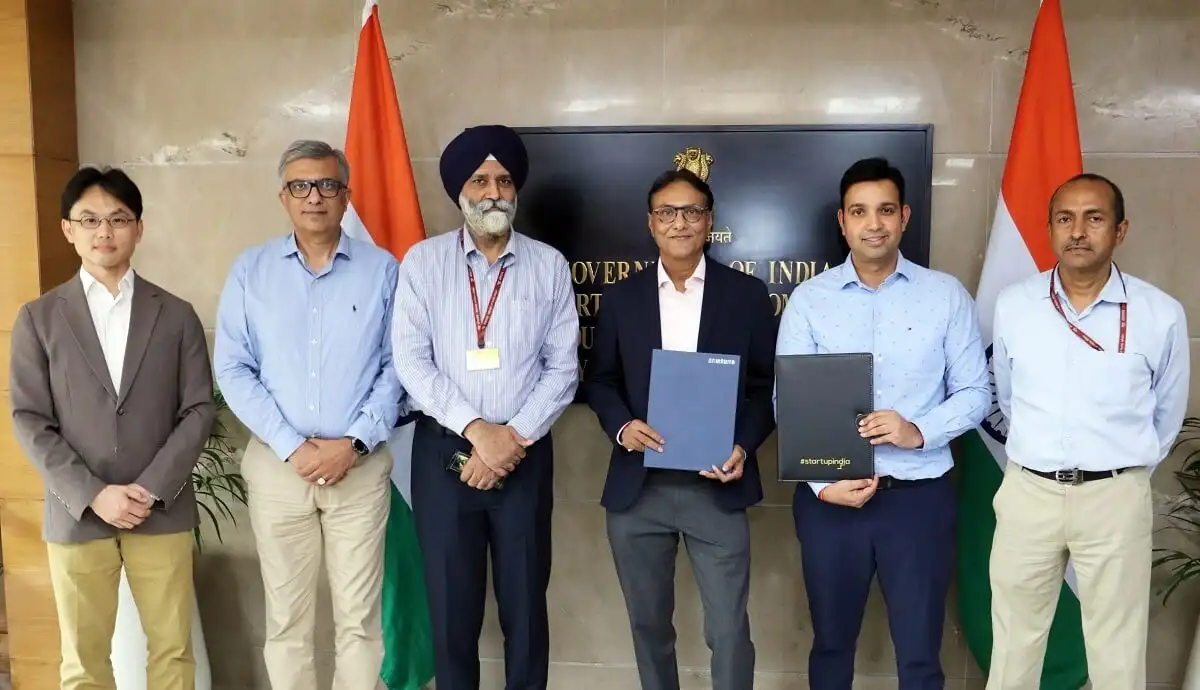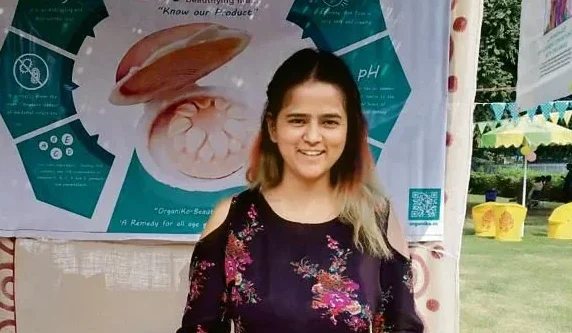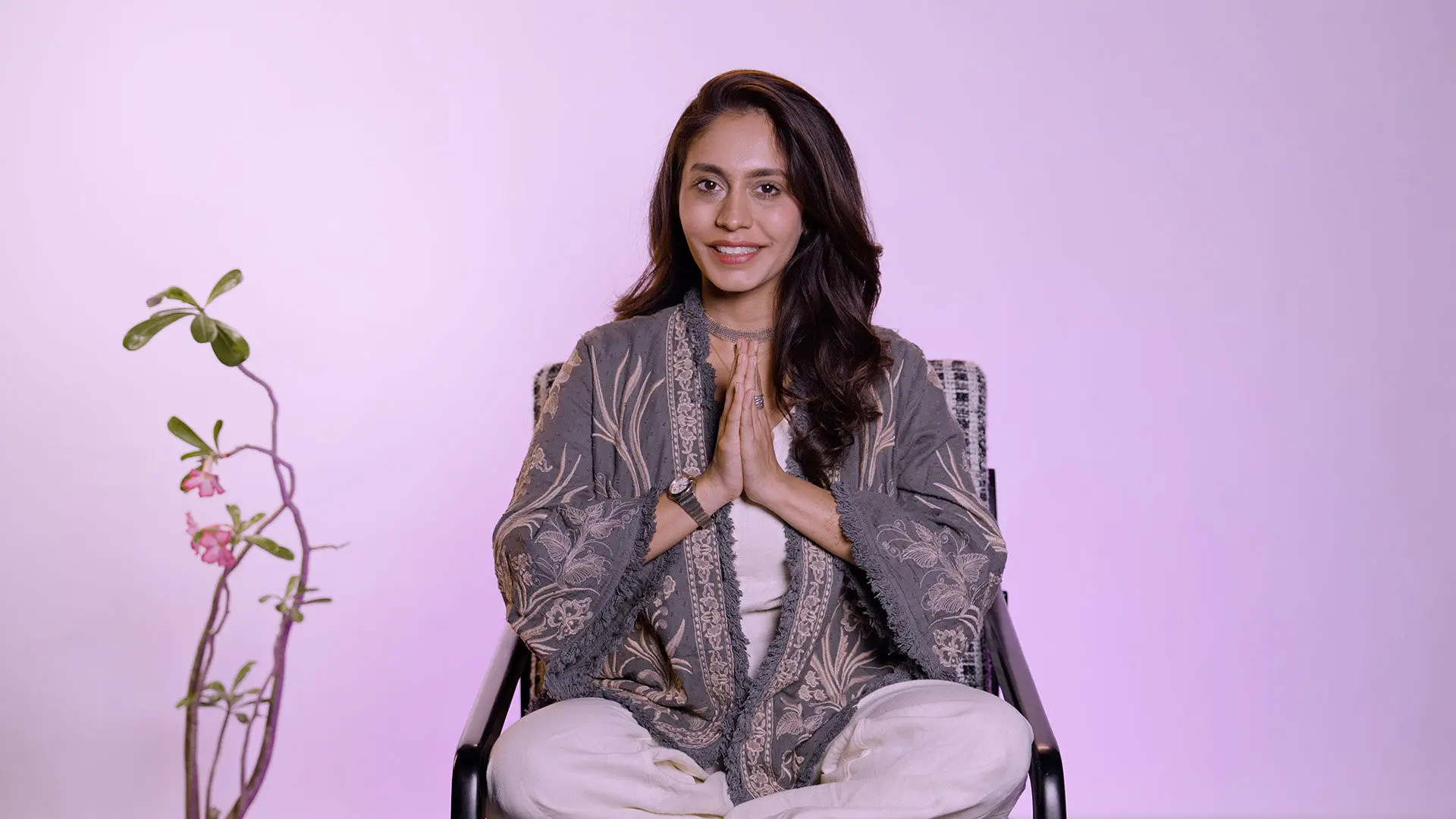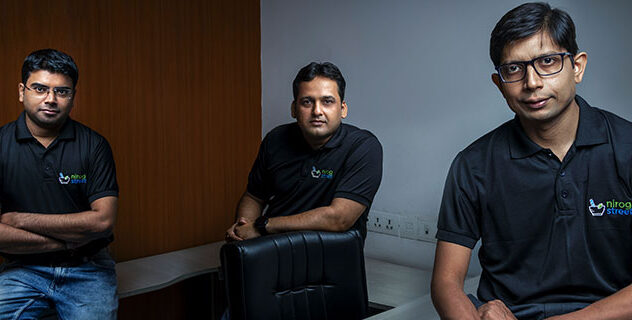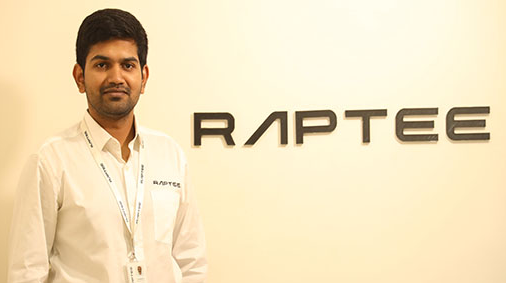At a time when influencer marketing and Instagram aesthetics dominate the beauty industry, a fresh wave of entrepreneurs is returning to a surprisingly old-school principle: trust through trial.
Sarvangi Shah, founder of Noya Beauty Works, is among a growing number of modern beauty founders drawing inspiration from the unconventional origins of one of the world’s most iconic brands – Estée Lauder.
In a recent post that went viral across LinkedIn’s startup and D2C communities, Shah recounted the $80 billion brand’s modest beginnings in 1946. “Estée Lauder built a global empire with no marketing budget,” she wrote. “Her only strategy? Free samples and word of mouth.”
The legendary founder’s core philosophy, encapsulated in her now-famous line, “Telephone, telegraph, tell a woman”, underscored a unique insight: in the beauty business, personal recommendation and product experience beat flashy advertisements.
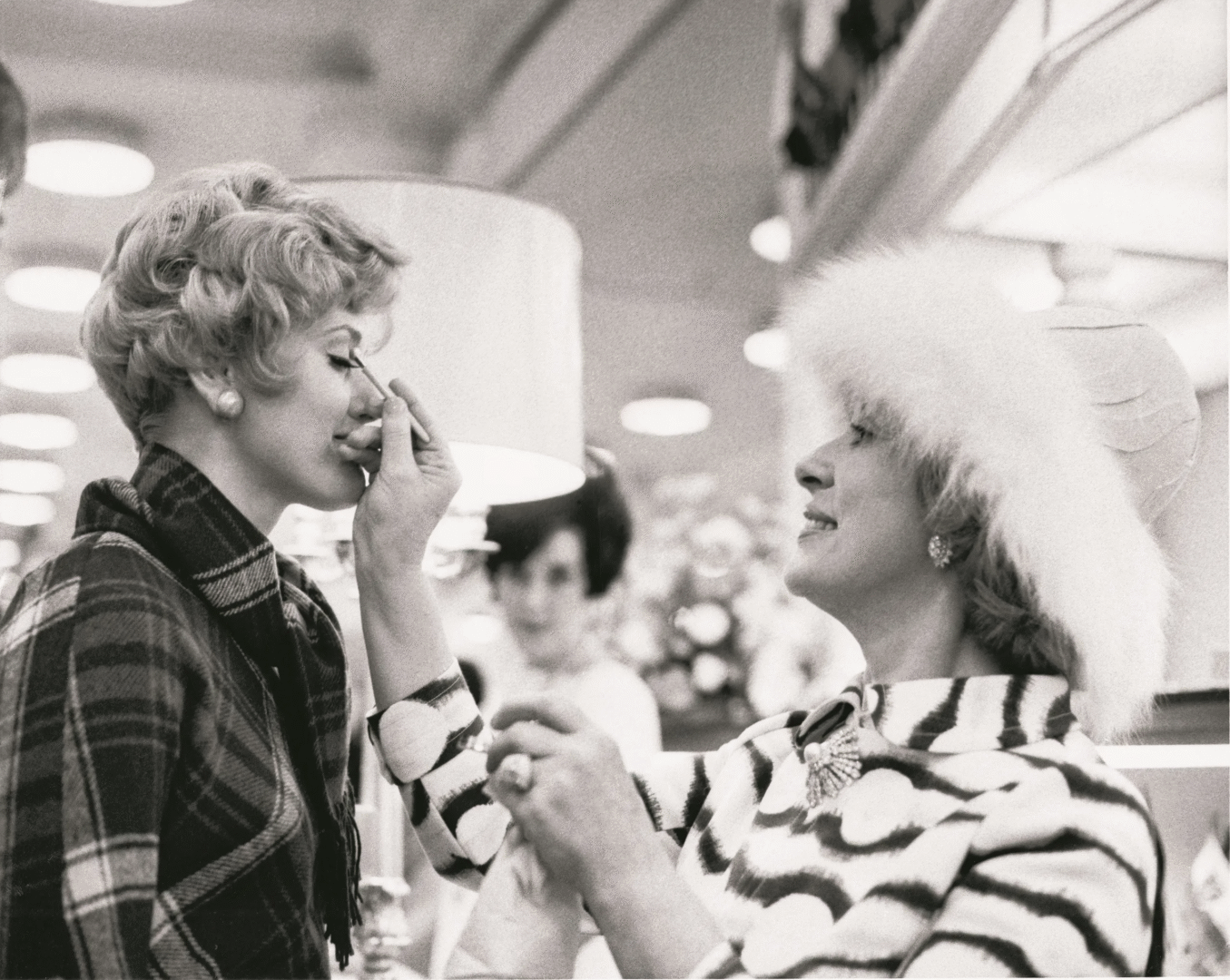
Lauder’s approach was intimate and grassroots. She gave away small jars of her skincare formulas, personally demonstrated makeup application at department stores, salons, and even social clubs. This hyper-personal strategy proved more powerful than any billboard, helping the brand gain the kind of consumer trust money couldn’t buy.
Today, Estée Lauder Companies operates in over 150 countries and continues to champion sampling as a cornerstone of customer acquisition. But, as Shah points out, the broader beauty landscape has shifted dramatically.
“Over 80% of new-age brands today spend more on influencer marketing than product trials,” Shah noted, highlighting a shift in priorities where visibility often outweighs credibility.
D2C beauty labels are heavily investing in digital marketing, but critics argue that they may be overlooking what matters most, product quality and genuine consumer experience.
Some exceptions remain. Shah referenced MyGlamm’s ₹1 lipstick sampling campaign, which went viral and Smytten’s entire business model built around personalized trial packs. These cases reaffirm that sampling, though undervalued, can be a scalable and effective strategy even in the digital age.
Shah’s post serves as more than just a nostalgic ode to Estée Lauder, it’s also a call to action for entrepreneurs building in the beauty, skincare, and personal care space. “When you make it easy to try, you make it easy to trust,” she wrote. “And trust is earned, one sample at a time.”
Currently hosting one-on-one mentoring sessions in Mumbai’s BKC district, Shah is keen to connect with early-stage founders who want to reimagine beauty marketing with substance, not just scale.
As beauty brands battle for consumer attention in a crowded digital marketplace, Shah’s message is gaining traction: maybe the most disruptive strategy today is the simplest one, putting the product in people’s hands.









